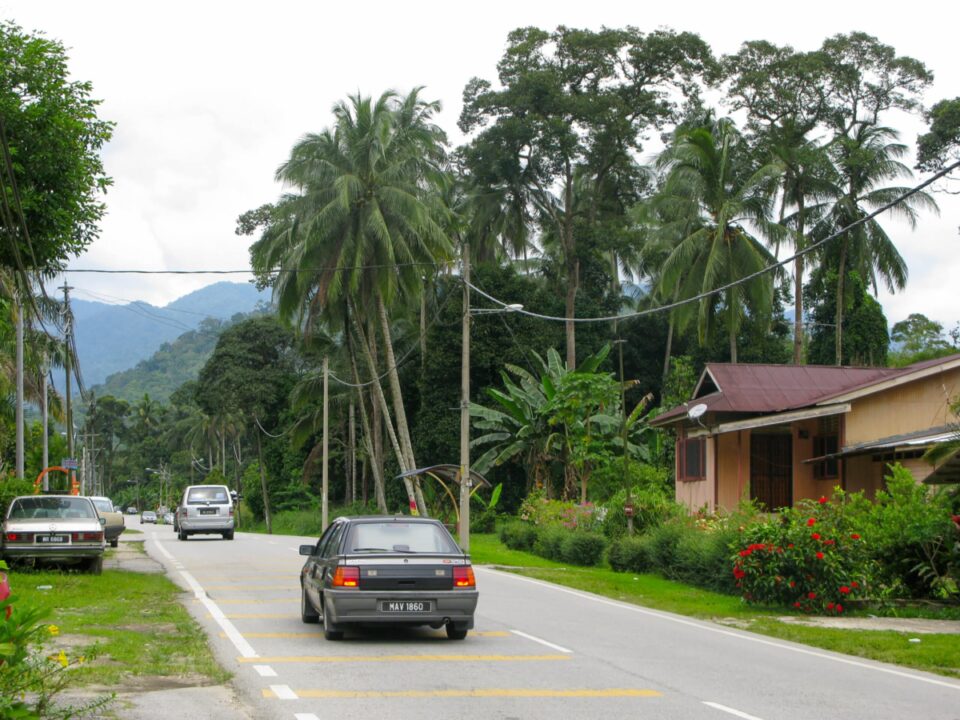KUALA LUMPUR, Oct 15 — The allocation of RM1.63 billion under Budget 2024 to build and upgrade village roads can improve the socioeconomic status of residents in rural areas and narrow the poverty gap progressively.
Universiti Teknologi Mara (UiTM) Shah Alam’s College of Built Environment’s senior lecturer Muhammad Azwan Sulaiman, when contacted, said a good transport system can usually improve connectivity between rural residents and the nearest town, which ultimately will also improve the micro-economic growth of locals.
“This budget clearly shows how focused the government is on improving the lives of rural folks. Not only is there an allocation for upgrading and building roads, but there are many other allocations also.
“This includes several allocations to repair other basic facilities, like dilapidated bridges, clean water supply systems and so on. When everything can be implemented, it will have a positive impact on the quality of life for rural residents as a whole,” he said.
Budget 2024, which was tabled by Prime Minister Datuk Seri Anwar Ibrahim, who is also the Finance Minister, at the Dewan Rakyat on Friday, also allocated a total of RM134 million for the installation of 60,000 units of street lights in villages.
However, Muhammad Azwan also proposed that the government should give equal attention to the development and improvement of the drainage system in rural areas.
This is because the upgrading of the drainage system to a more systematic centralised level is very much needed by the rural folks, especially since the extreme weather conditions have made existing ditches unable to cope with the effects of damage caused by floods or soil erosion.
“We must understand that the rural drainage system is not so effective in dealing with the effects of climate change. Usually, roads in villages are built next to ditches. If rainwater cannot flow properly from the ditches into the nearest rivers, then flash floods can easily occur and damage the roads,” he added.
Meanwhile, the provision of RM2.6 billion in the form of subsidies and incentives for farmers and fishermen through Budget 2024 has been described as being timely.
Universiti Putra Malaysia (UPM) Faculty of Agriculture lecturer Prof Norsida Man said the allocation must be utilised as best as possible to help these groups deal with the challenges of the uncertain climate change and the issue of the rising cost of living.
Norsida said the government’s decision to agree to raise the rate of the Paddy Rice Subsidy Scheme from RM360 to RM500 per tonne would also be able to ease the burden of farmers, especially involving the purchase of seeds, fertilisers and pesticides.
“Through this allocation of subsidies and incentives, the government can focus on applying technology in agriculture, besides giving land contracts to farmers to encourage them to grow crops smartly. This will indirectly increase farmers’ efficiency and help them face the challenges of climate change, including heavy rain, floods and the El Nino phenomenon,” she said.
According to the budget, a total of RM50 million Agricultural Disaster Fund has also been established to provide compensation covering up to 50 per cent of losses incurred due to disasters.
She also suggested that the government pay attention to the competency of agricultural development officers through courses and capacity building to improve their skills to understand the problems faced by farmers and, subsequently, be able to resolve any issues faced by players in the agriculture industry.
— Bernama





